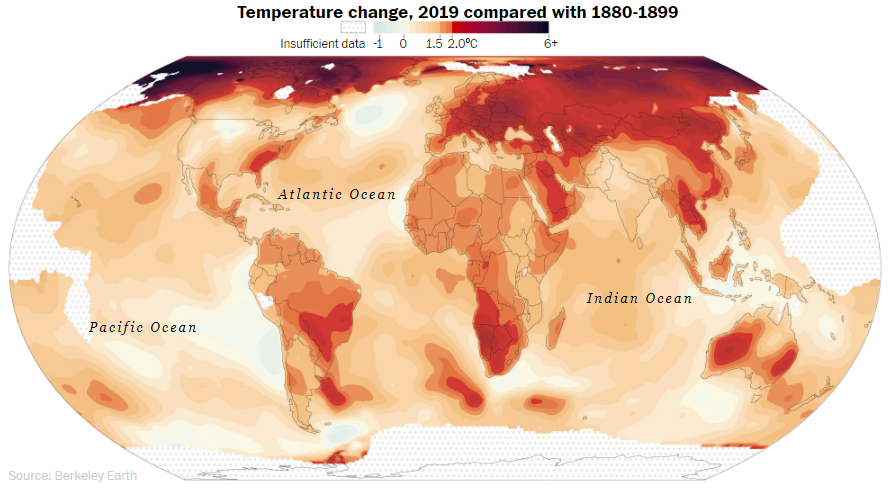
Senior Reporter @CNN Climate | Signal: afreedmanclimate.03 | Tips: andrew.freedman@cnn.com, afreedman@protonmail.com | https://t.co/DcbdX4P4C5
How to get URL link on X (Twitter) App


 One of the best measures of climate change is ocean heat content. The oceans are absorbing 93% of the extra energy pumped into the climate system.
One of the best measures of climate change is ocean heat content. The oceans are absorbing 93% of the extra energy pumped into the climate system.